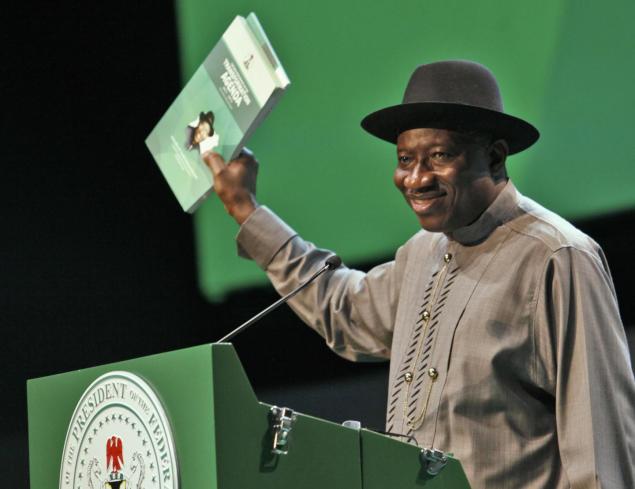In 2004, Bisi Alimi did an extraordinary thing. He went on national television and told his fellow Nigerians that he was gay.
Alimi lived in a country not only where open discussion of sex and sexuality is considered déclassé,
but where 98% of his fellow citizens now say they do not approve of homosexuality.
“There were so many things we don’t talk about,” Alimi told CNN’s Christiane Amanpour on Thursday. “My career was on the line, I was going to be outed by the media.”
It was better, he decided, to come out of the closet on his own terms.
“I have a responsibility to stand up for the community, to give a face to the community, to demystify the old arguments that there are no homosexuals in Nigeria,” he said.
He became the first Nigerian to declare his homosexuality on television.
The world learned this week that Nigerian President Goodluck Jonathan has signed a new law, the Same Sex Marriage Prohibition Act.
So strict is the law that CNN’s Vladimir Duthiers, reporting from Lagos, told Amanpour that he
could even face imprisonment just for interviewing a gay activist.
“I could be thrown in jail for 10 years under this new law,” Duthiers said, as could someone
caught distributing condoms for use by homosexuals – that in a country where more than three
million people are living with HIV, according to UNAIDS.
The law “makes it illegal for anybody to associate, to aide, to abet, to comingle with anybody
who is perceived to be homosexual, to be part of a gay group, to be part of a gay society,” Duthiers said.
A Nigerian man in Lagos told Reuters he was “very glad” Jonathan signed the anti-gay bill.
“It’s un-African,” he said. “We don’t want such a thing in our country.”
After Alimi so publicly told Nigeria that he was gay, he said, “the conversation got mainstreamed.”
But not necessarily as he would have liked. The discussion “was more of victimization rather than having
an intelligent, adult conversation around these issues,” he said.
“People were not ready to educate themselves. And this created a lot of problems for the LGBT community in Nigeria.”
“I couldn’t get a job, I left university, nobody was going to employ me, my life was constantly in danger, I was always beaten, arrested by the police, discharged.”
He would eventually seek asylum in the UK, where he now lives. Parliament passed the bill last
year, so why did the president sign it now?
“He has been boxed to a corner,” Alimi said, who believes President Jonathan is increasingly politically
alienated.
“I know, like so many other Nigerians know, that this is a distraction.”
As for those fellow countrymen, Alimi believes that for many, their intolerant views are bolstered by religion.
“How many Nigerians know…what this law means? Or how many Nigerians have an understanding
outside of religion what exactly we talk about when we talk about sexuality?”
“Why then should religion be the basis of putting a law in place in a secular state?”
via@CNN



Leave a Reply